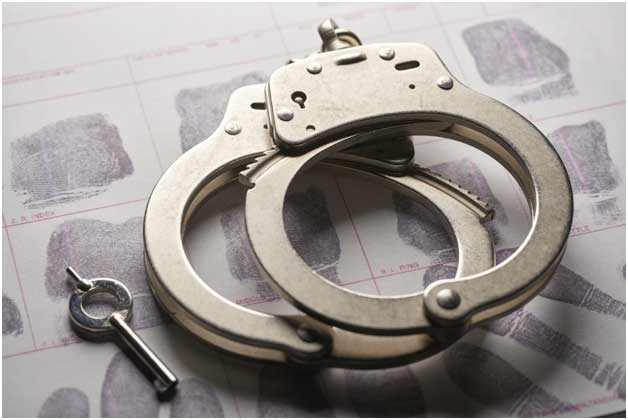When someone gets arrested it can be a scary and overwhelming time for them because they don’t know what to do or what will happen next. As confusing as the whole process may initially seem, there is some order to it that will become clear eventually. One of the most important parts of the arrest process is when bail is assigned. However, that in itself can be confusing for some people since they may not know what to do once they have been assigned bail.
That is why it is necessary to hire a lawyer as soon as possible after being arrested. They can give you advice on what to do and what not to do, plus they will explain everything that is happening, what comes next, and how they can help you deal with all of it. They are vital when the time comes for the court to assign you a bail amount as well. If you want to know more about how a lawyer can help you, then you can learn more here.
The Bail Process
After a person gets arrested, they are taken to a police station to get booked. This is when the police office records the personal information of the suspect as well as the crime that they were charged with. The officer will also conduct a criminal background check, take the suspect’s fingerprints and a mugshot, and confiscate and inventory their personal property, which is returned once the suspect is released. The suspect is allowed to make a phone call before they are placed in a jail cell with other recently booked suspects.
For lesser crimes the suspect can post bail immediately after their booking, but for more serious crimes they will have to wait for a bail hearing. The hearing takes place about less than 48 hours after the suspect has been booked and it is where a judge decides if the suspect is eligible for bail and if they are, for how much. The amount of bail depends on a few different factors but the severity of the crime is the main one. Some cities have predetermined bail amounts that correspond to a certain type of crime, but in other cases it is up to the judge’s discretion.
When the judge is deciding on the bail amount, they will consider other factors such as the suspect’s criminal record, their ties to the community, and whether they are a danger to others. They will also take into account any concerns or arguments made by the suspect’s attorney.
The Types of Bail
In order to better understand the bail process, it is necessary to understand the various different kinds of bail that are available.
Cash Bail
This is, as it says, a bail that is paid in cash. The full amount needs to be paid but some courts will allow the bail to be paid via a check or a credit card.
Surety Bond
This is more commonly known as a bail bond and it can be used for any amount of bail, but is best for when the suspect cannot afford the bail that has been assigned to them. This type of bail involves the suspect, or a friend or family member of the suspect, contacting a bail bondsman. The bondsman will agree to pay the bail in full if the suspect does not show up on the authorized trial date. The bondsman charges their client 10% of the bail amount for their services and also collects some sort of collateral such as jewelry, electronics, or the title to a car. Once the bond has been paid, the suspect is released until the time of the trial.
Release on Citation
If a suspect was arrested for a relatively minor crime, then the officer might not book them at all and instead give them a citation stating that they are to appear in court at a specific time.
Release on Personal Recognizance
This is similar to a release on citation, only it is done by the judge at the bail hearing. The suspect does not have to pay bail but has to show up to court on the specified date. This is done for minor crimes where the suspect is not a flight risk.
Property Bonds
Some courts allow suspects to use their property as a bond. The court places a lien in the bail amount on the suspect’s property. If the suspect does not show up for their court appearance, then the court can foreclose on their property to recover the forfeited bail amount.
Contact an Attorney if You Get Arrested
There is a lot that goes into the bail process and if you want to get treated fairly, then it is important that you get a lawyer early on. You are allowed a phone call when you get arrested so use it to get a lawyer or to call someone who can get a lawyer for you. Your attorney will represent you throughout your case, including at the bail hearing where they will try to make sure that your bail is set at a reasonable amount. So be sure to get in touch with an attorney if you want to get treated fairly after an arrest.







